National Assembly delegates asked why the phenomenon of officials being afraid of responsibility has not appeared before, but why it has only appeared now? Not only that, this situation has spread from the central to local levels and continues to spread from the public sector to the private sector.
Continuing the working program of the 5th Session, on May 31, the National Assembly spent all its working time discussing in the hall the additional assessment of the results of the implementation of the socio-economic development plan and the state budget in 2022; the implementation of the socio-economic development plan and the state budget in the first months of 2023.
 |
| Scene of the morning meeting on May 31. Photo: Tuan Huy |
As the first delegate to speak, delegate Tran Quoc Tuan ( Tra Vinh delegation) expressed his excitement at the results achieved in the fields of economy, culture, society, national defense and security of the country in 2022 and the first months of 2023, especially in the context that many countries in the region and the world are facing many difficulties, challenges and risks of falling into economic recession.
Delegates assessed that, under the leadership of the Party Central Committee, the National Assembly, and the Government, the correct and timely decisions have helped our country's economy recover quickly after the Covid-19 pandemic and achieve quite comprehensive and positive results in many areas: The macro economy is basically stable, inflation is controlled, social security is concerned, national defense and security are strengthened, the consumer price index (CPI) and major balances of the economy are ensured.
Agreeing with the Government on the above mentioned limitations, however, delegate Tran Quoc Tuan asked why the phenomenon of cadres with a fear of responsibility has not appeared before, but has only appeared now? Not only that, this situation has spread from the central to local levels and continues to spread from the public sector to the private sector. Therefore, it is necessary to identify the origin of this disease in order to treat it effectively, which means we need to differentiate and clearly define what types of cadres are afraid of responsibility and what causes the existence of such cadres afraid of responsibility?
Delegate Tran Quoc Tuan said that there are two groups of cadres: One is cadres who have degraded political ideology, cadres who avoid and are afraid of responsibility, who push things away, are afraid of making mistakes, cadres who do not want to do things because there is no benefit. Two is cadres who are afraid of violating the law so they do not dare to do things.
In group 1, delegate Tran Quoc Tuan commented that any agency or unit currently has a small number of officials who are afraid of violating the law. "Can these units identify this and how do they handle it?"
"I think that in times of "boiling oil and fire", priority should be given to replacing weak officials with good and responsible people. We do not lack good officials. Just like in football, the head coach will be willing to replace any player who is not performing well for the development of the whole team and for the flag and the shirt," the delegate said.
In group 2, according to delegate Tran Quoc Tuan, this is the group that accounts for the majority of cadres who are afraid of responsibility, they themselves have created the above-mentioned obstacles, causing congestion in the political system. These cadres are afraid of violating the law for two main reasons.
This is because some legal documents lack uniformity, making it difficult to implement "the same content of the regulation but two different interpretations". This phenomenon also appears in the legislative and executive branches.
In addition, the work of inspection, examination, and prevention of negativity is becoming more and more practical and effective. Many violations from several years ago are still being handled. It is from the major criminal cases in recent times that have made some officials afraid, because they have done similar things before. From there, a mentality of hesitation and fear of being disciplined, or worse, criminally prosecuted is formed.
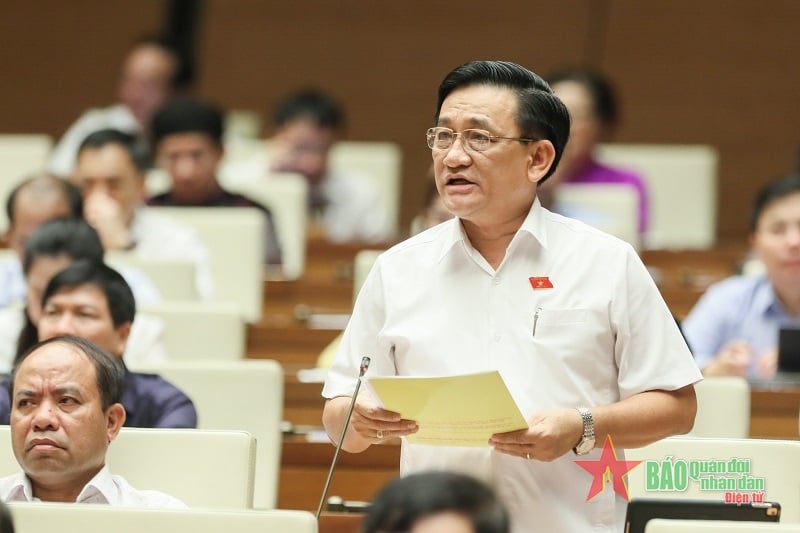 |
| Delegate Tran Quoc Tuan: Why has the phenomenon of officials being afraid of responsibility not appeared before, but only now? Photo: Tuan Huy |
From the above situations, delegate Tran Quoc Tuan proposed that the National Assembly and the Government should focus on researching, reviewing, amending and supplementing all legal provisions, especially sub-law documents, to ensure strictness, consistency and ease of application so that localities, units, organizations and individuals can implement them immediately.
Along with that, further decentralization and delegation of power as the Prime Minister has repeatedly directed, but so far there has been no change. If this work is done well, according to delegate Tran Quoc Tuan, it will reduce the pressure and burden on higher-level agencies, while increasing the responsibility of localities and lower-level agencies. To do so, it is necessary to determine which tasks are the responsibility of localities, boldly delegate power to localities, and localities will be responsible before the law. At the same time, continue to strengthen inspection and supervision to guide, remind, and urge effective implementation of public duties.
Agreeing with the above viewpoint, delegate Duong Khac Mai (Dak Nong delegation) also said that the results achieved in socio-economic development in recent times are very valuable, not every country can do it in the current context.
The delegate mentioned a number of shortcomings and limitations in socio-economic development in recent times, such as: The disbursement rate of public investment capital for the implementation of the Socio-Economic Recovery and Development Program and the three national target programs has not met expectations; the economy's ability to absorb capital is still low; the lives of a part of the people, especially in remote areas, ethnic minority areas, border areas, and islands, are still facing many difficulties; crimes, especially cybercrimes and high-tech crimes, have been and are of great concern to society, a concern to many people and a source of anxiety for many families....
In particular, delegate Duong Khac Mai also mentioned the situation where a number of cadres have a mentality of avoiding, fearing responsibility, shirking responsibility, and fearing mistakes. The delegate suggested that the Government and the Prime Minister should soon have comprehensive solutions to overcome the difficulties and shortcomings as mentioned above in the report and pay attention to removing difficulties, bottlenecks, and bottlenecks for localities in terms of mechanisms and institutions; at the same time, have a strong enough therapy to revive the working spirit of the cadres; as well as have an effective remedy for the disease of shirking, avoiding, fearing responsibility, and fearing mistakes, not allowing it to spread widely, affecting the development process of each locality and the overall development of the country.
NGUYEN THAO
Source



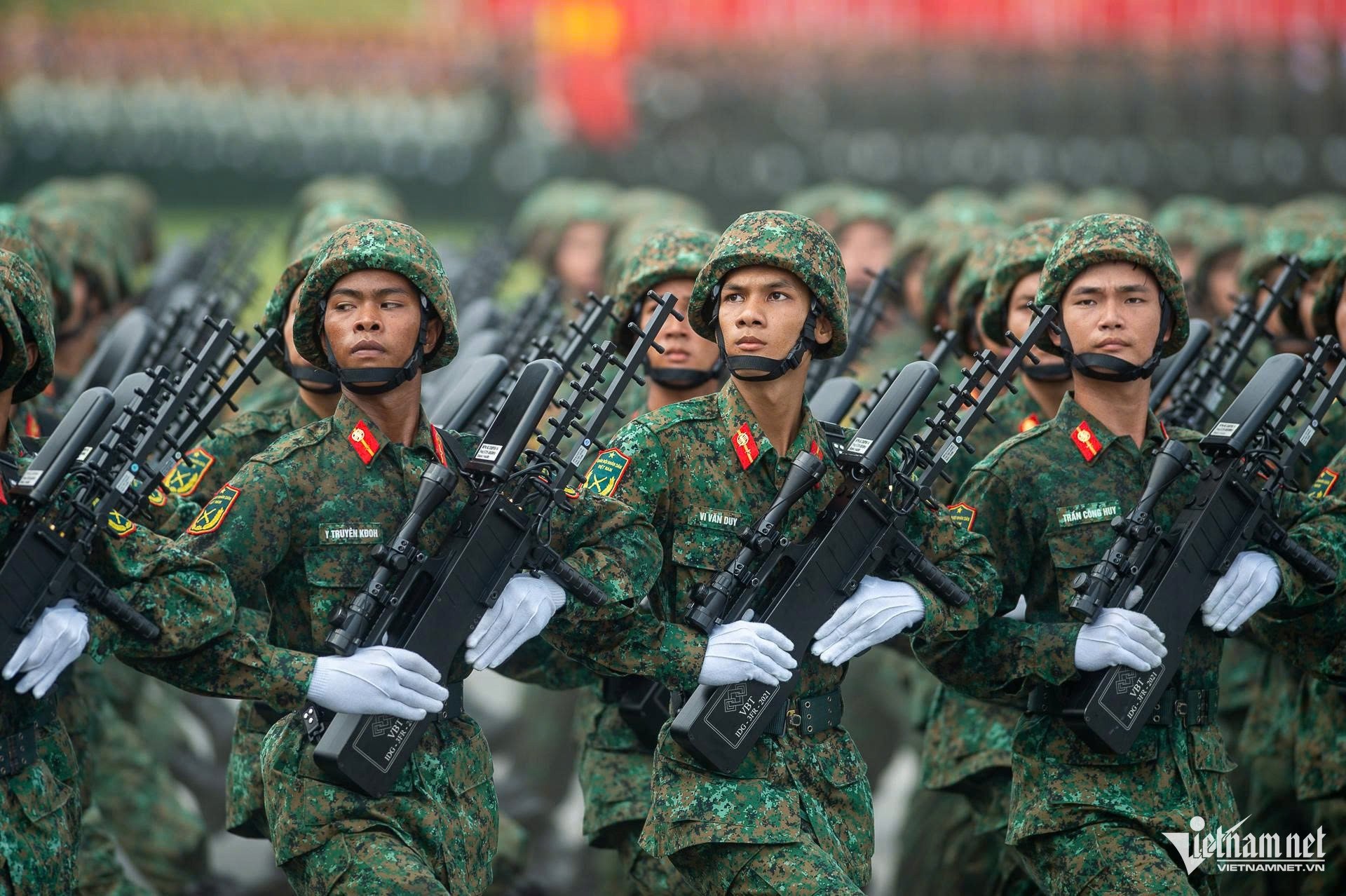
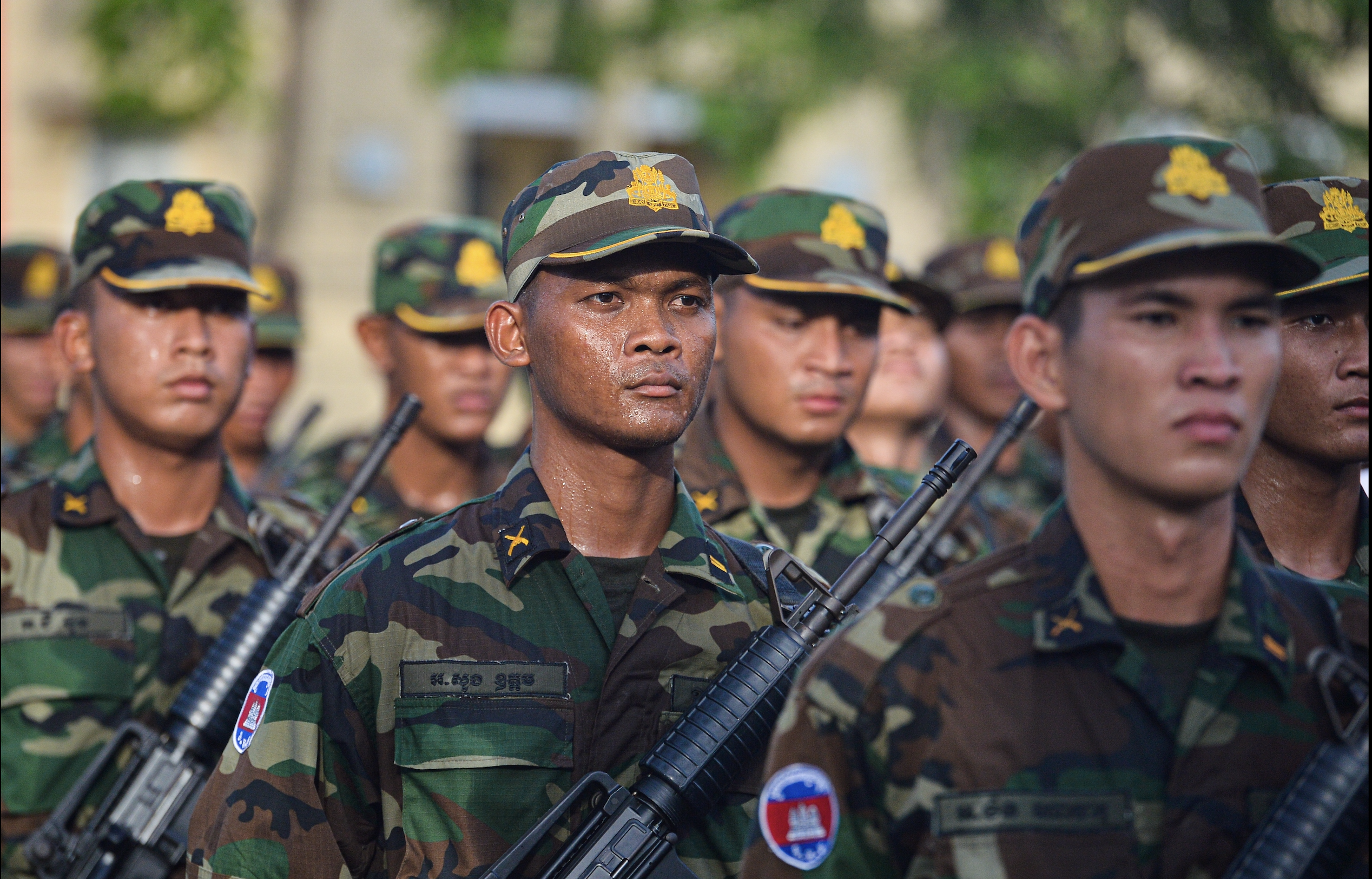



![[Photo] General Secretary To Lam attends the 80th Anniversary of the Cultural Sector's Traditional Day](https://vstatic.vietnam.vn/vietnam/resource/IMAGE/2025/8/23/9f771126e94049ff97692935fa5533ec)


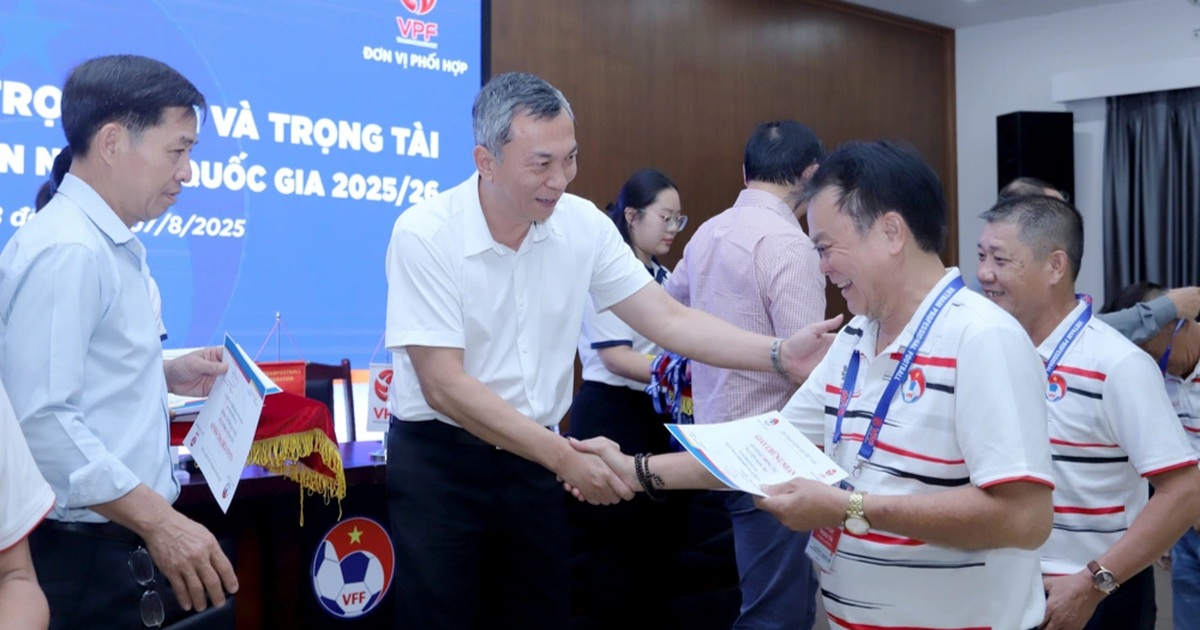






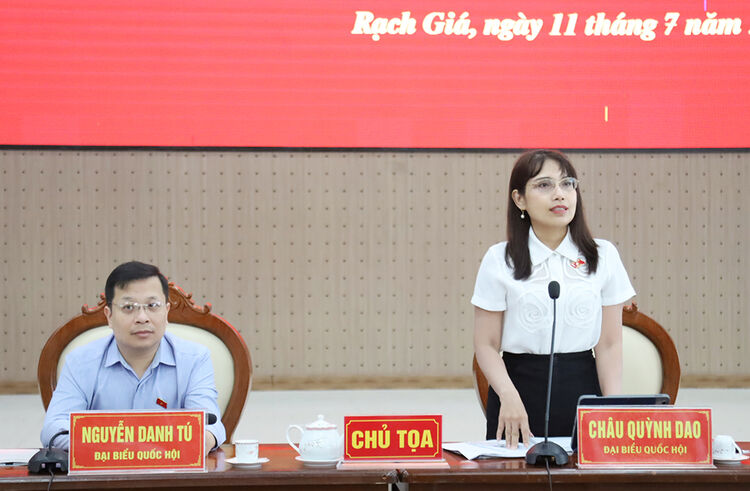

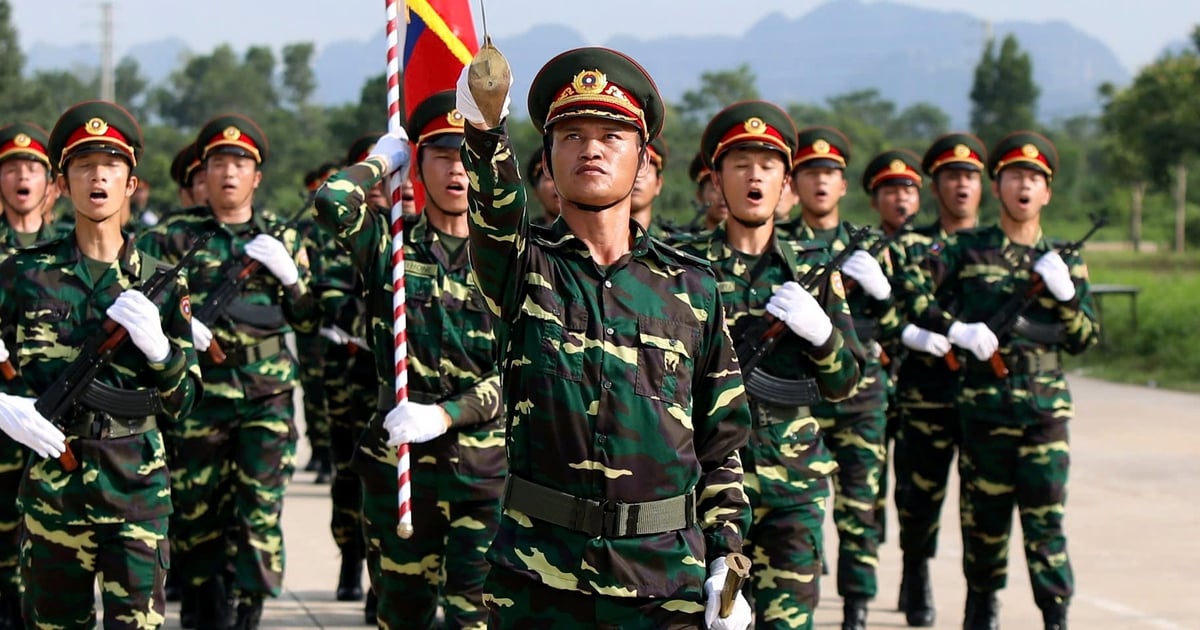
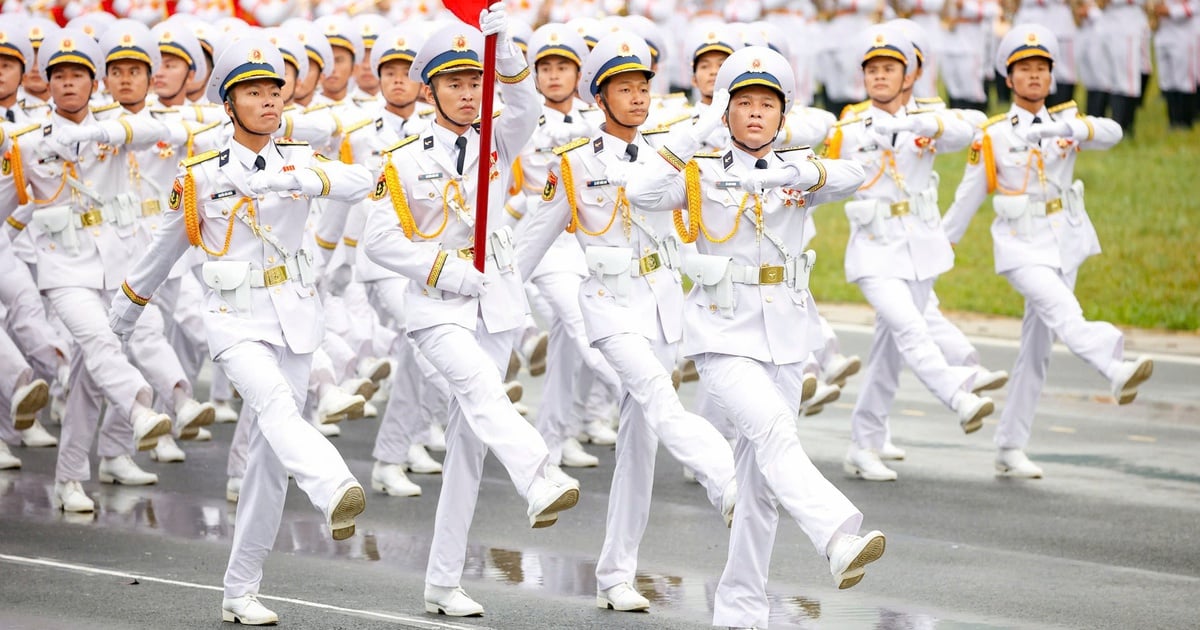
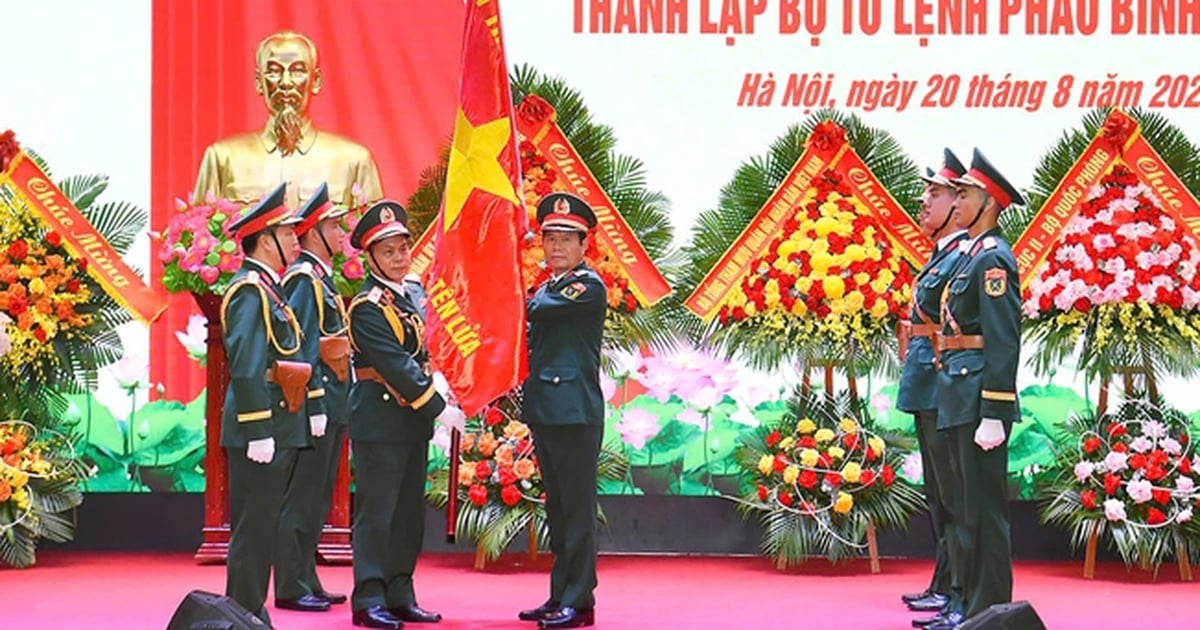






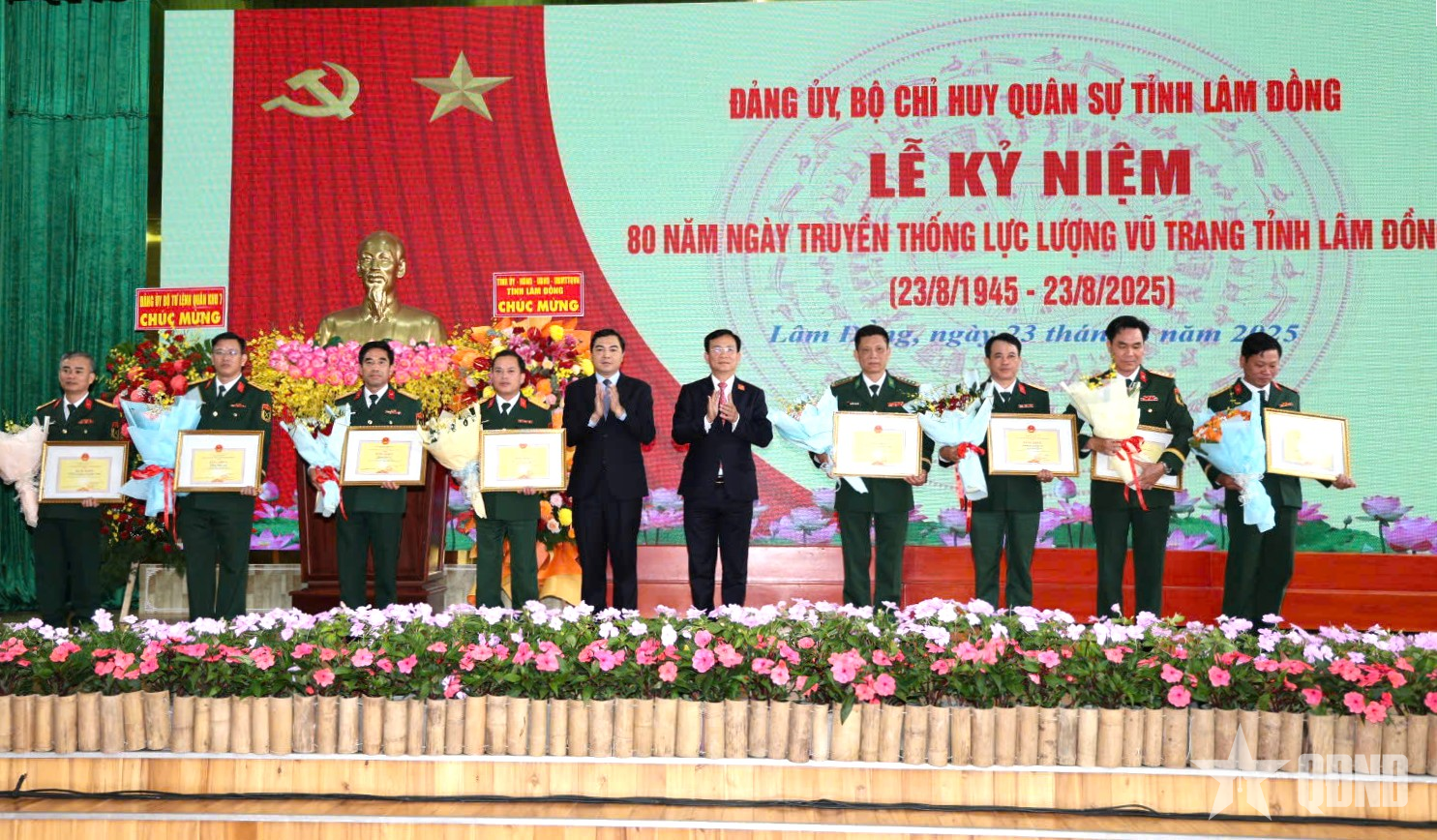
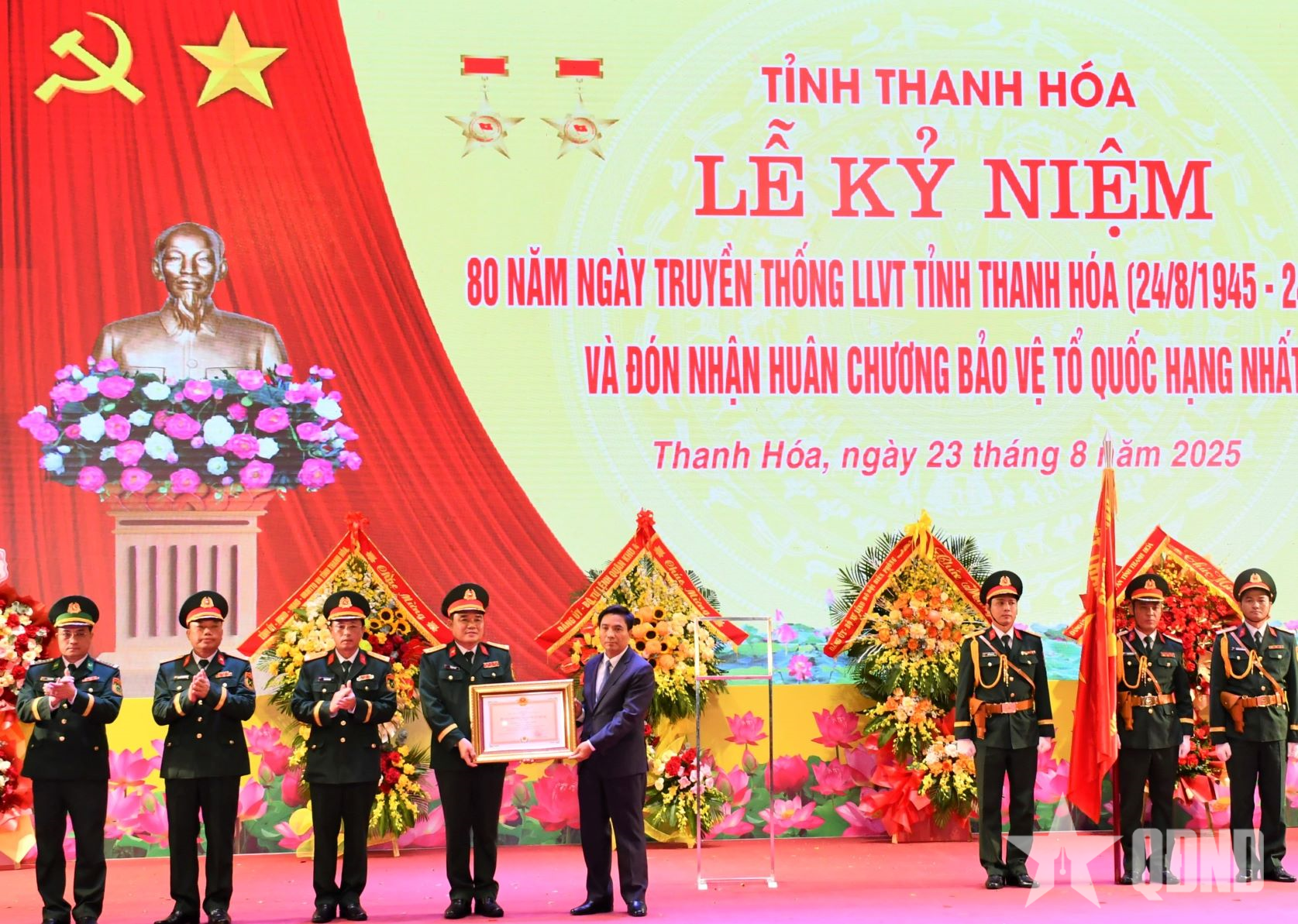
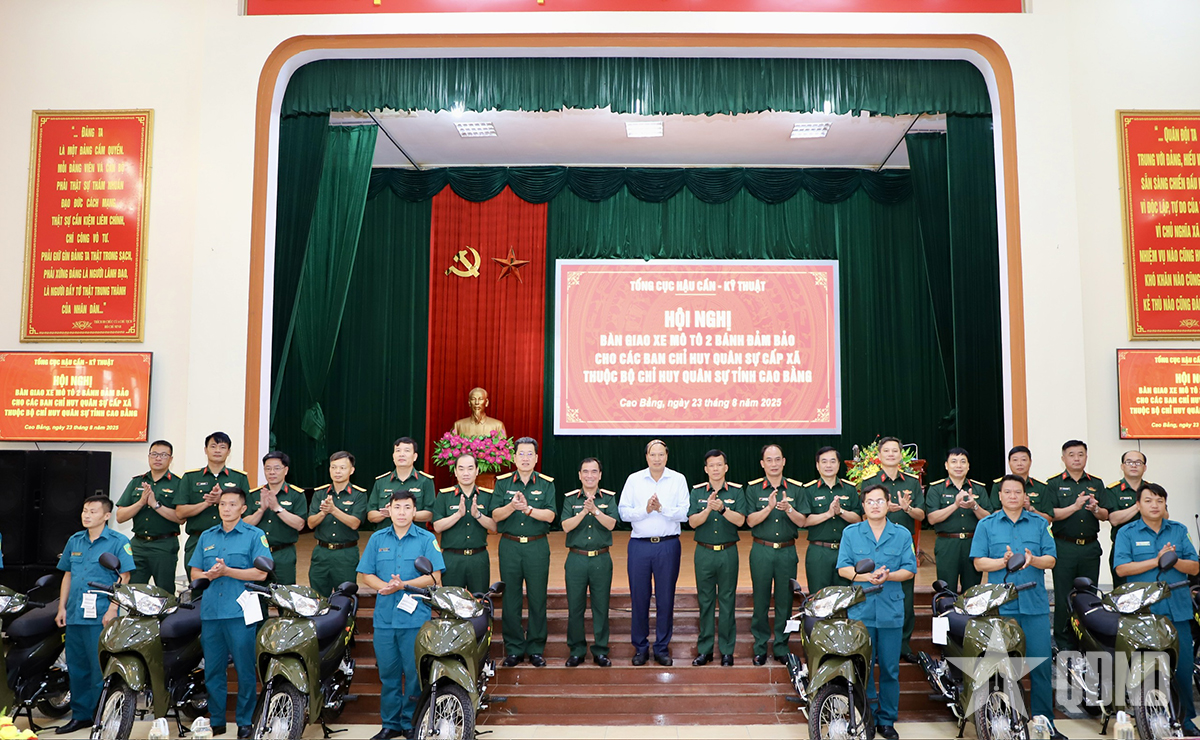
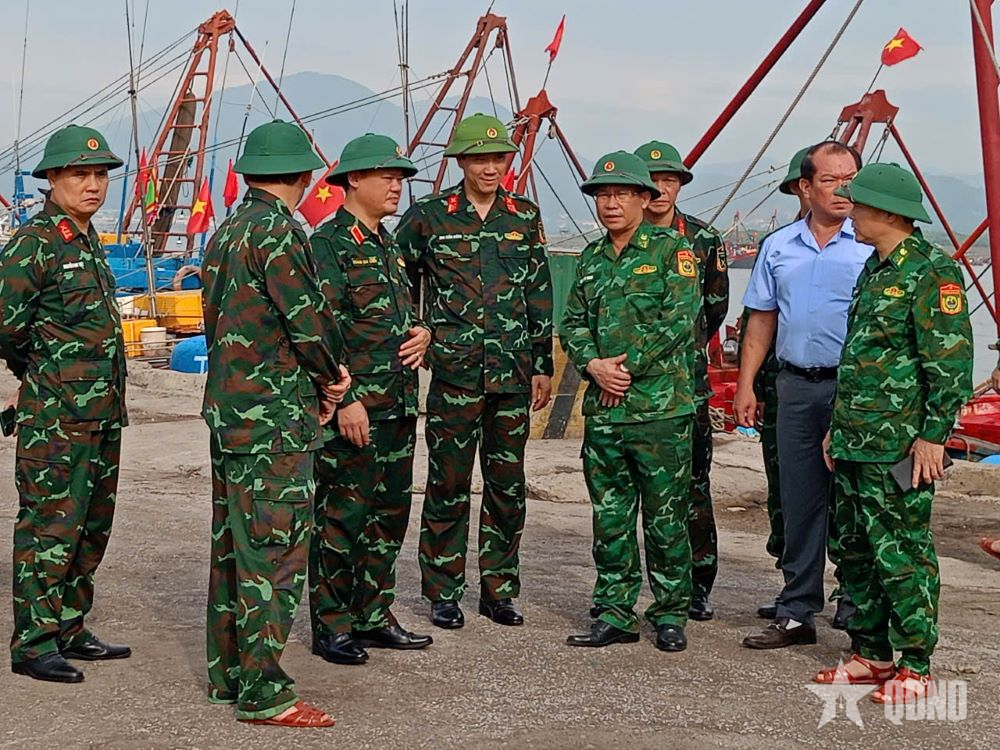
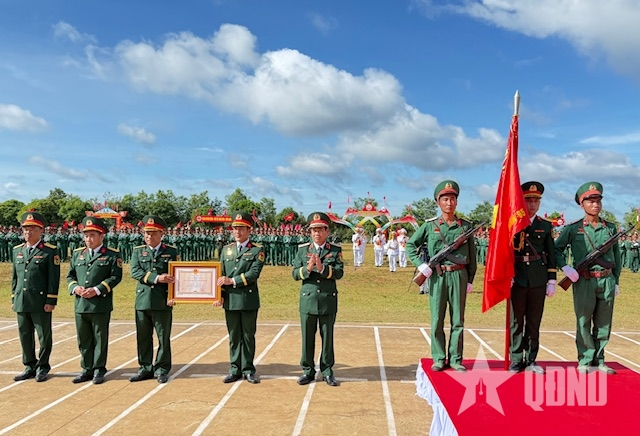
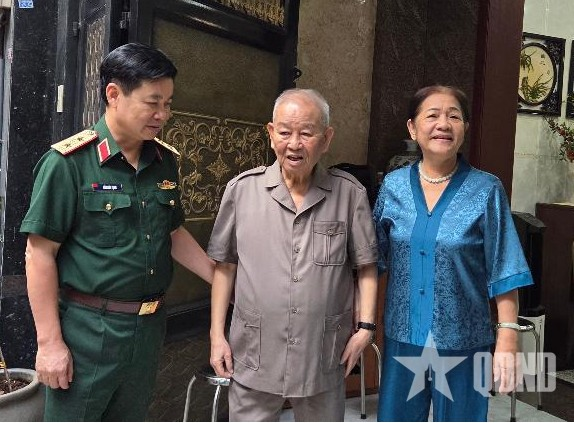

































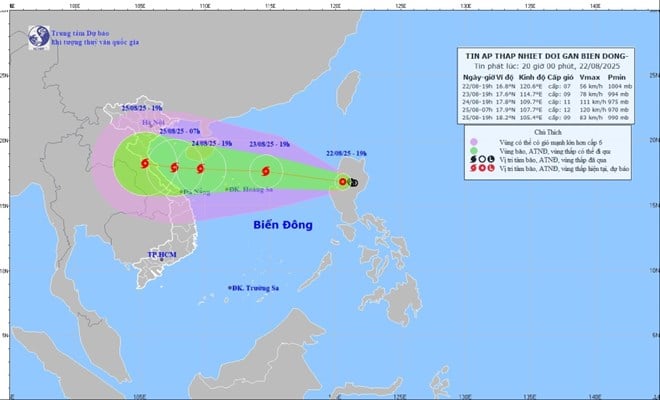





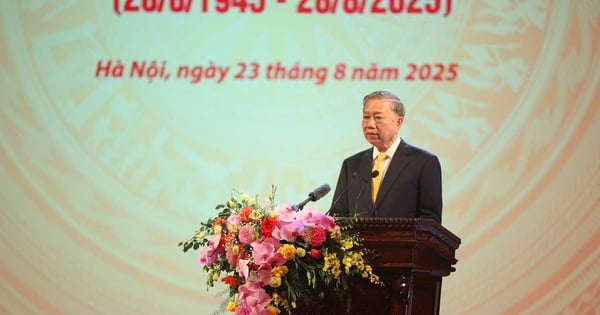
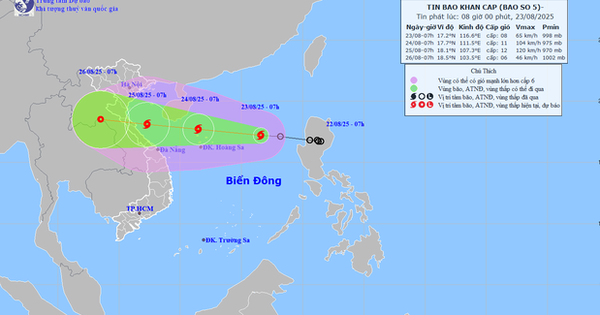

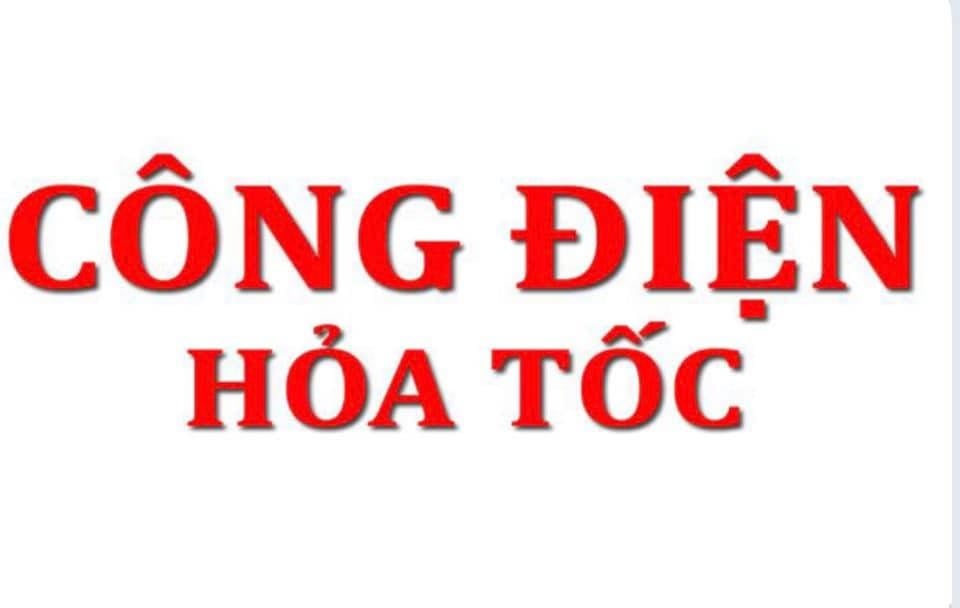



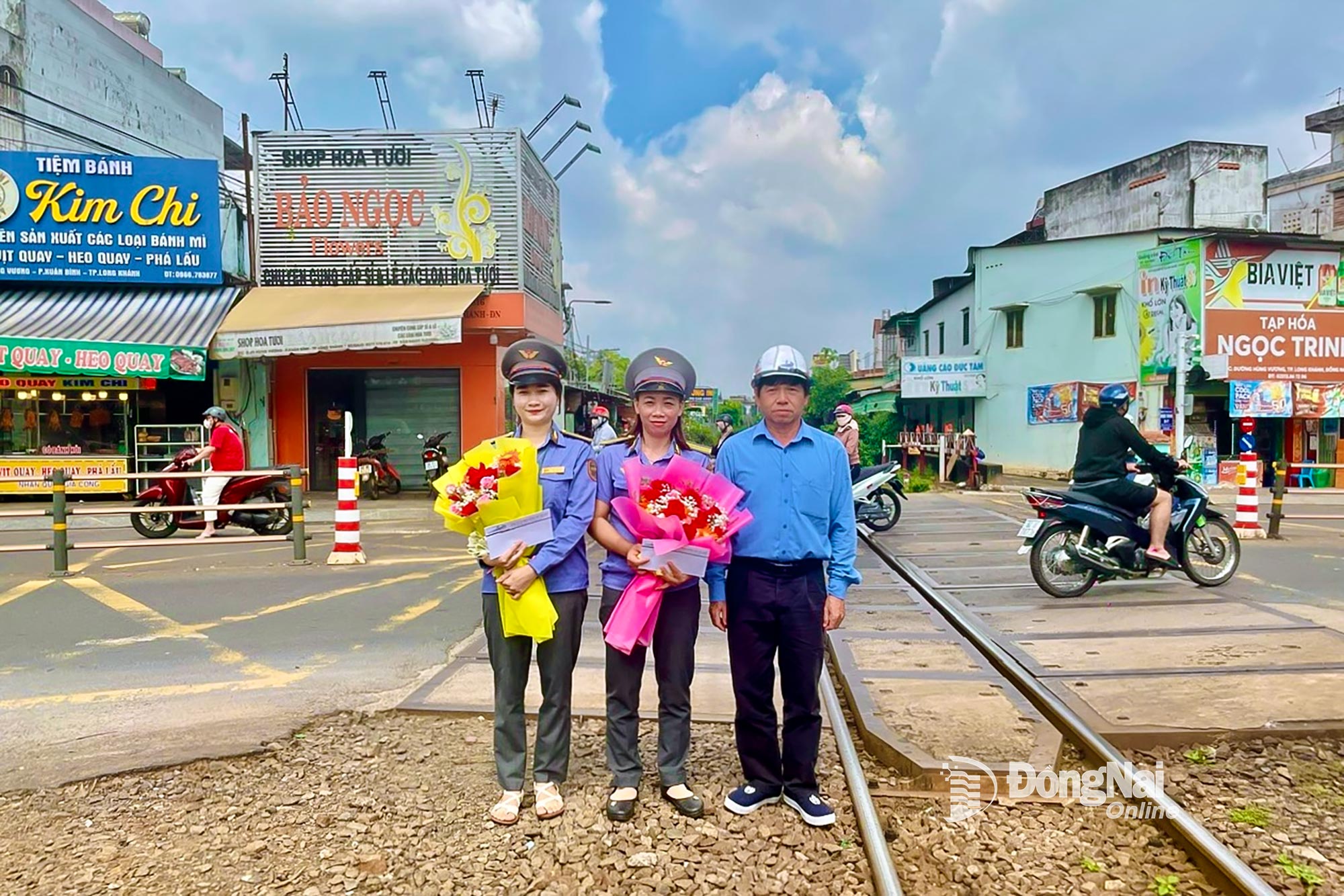



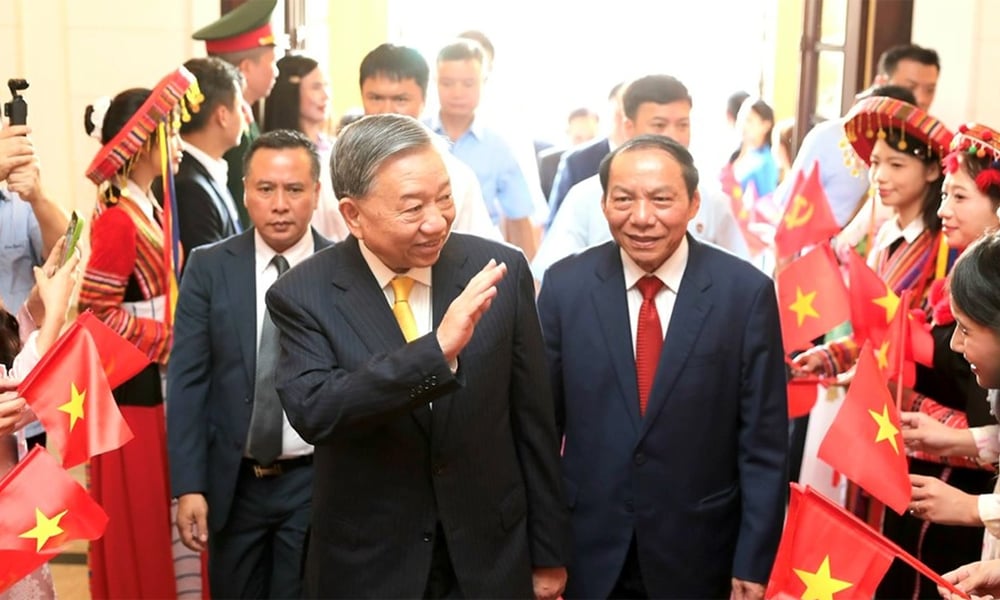



















Comment (0)